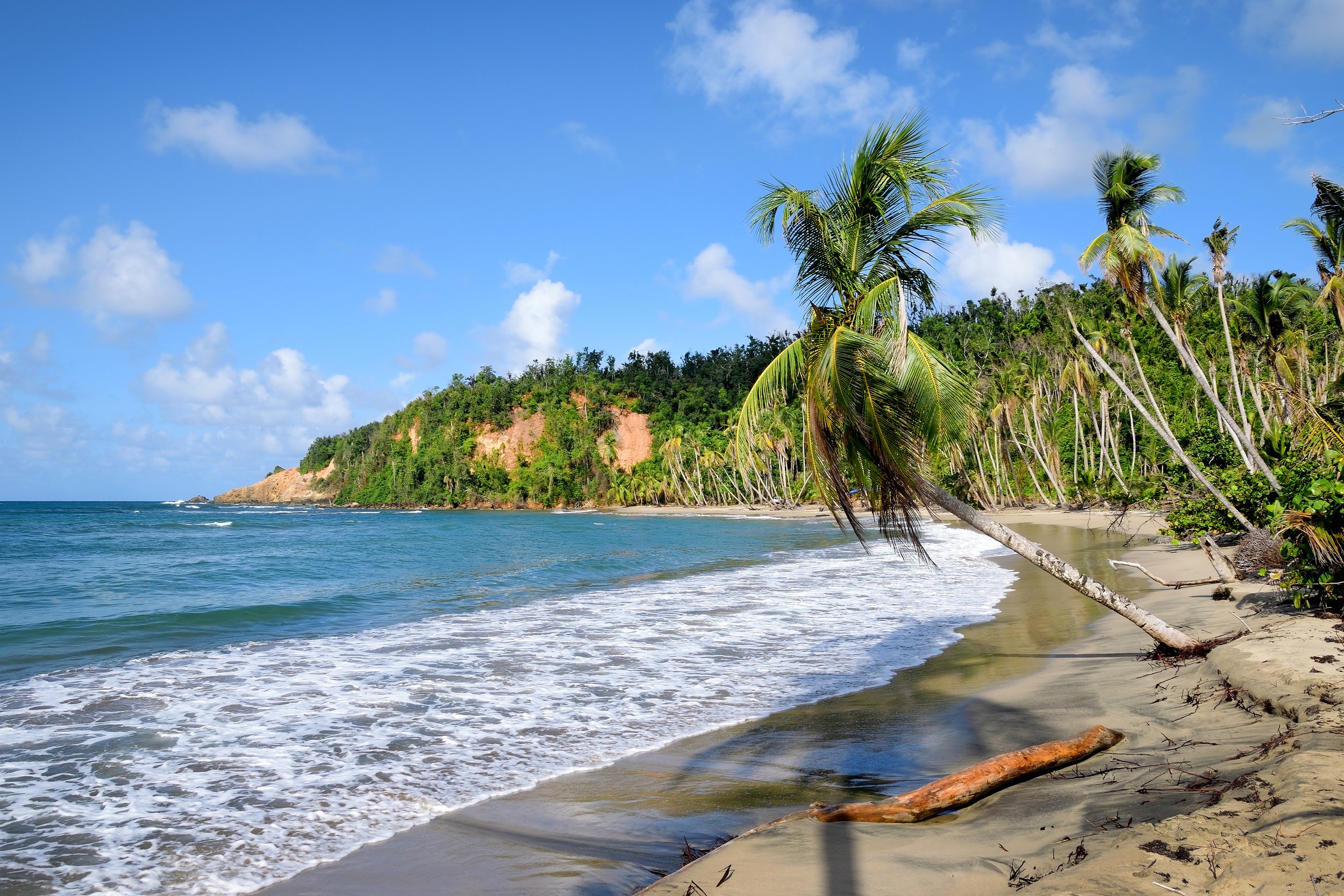
Travel with Care
Traveling to the Caribbean is an amazing experience, but some tourism businesses and activities can hurt marine life. Animals may be disturbed by visitors, impacting their ability to survive. Touching or feeding can make animals sick, while noise and activity may cause stress and harm. Even bright lights can disorient turtles who come onto beaches.
As a compassionate traveler, you want to appreciate the animals and habitats you visit without hurting them. Follow these tips to help you travel with care in the Caribbean.
Avoid Single Use Plastics
-
Single use plastics end up on beaches and floating in the ocean. Animals like turtles eat plastic bags and deflated balloons when they confuse them for their favorite food, jellyfish. Plastic debris can entangle animals and cause death.
-
Bring a refillable water bottle
Do not use plastic bags from stores or restaurants
Ensure that any trash you create is disposed of properly
Participate in local efforts to pick up plastic and trash on beaches
Hire a Responsible Tour Operator
-
Some operators take special care to ensure they don’t disturb or harm the animals and places you visit. When you hire a responsible operator, you can focus on enjoying the experience knowing they will guide your exploration in a way that is safe and healthy for people, animals, and habitats.
-
To find responsible dive centers, snorkeling centers, and liveaboards in the Caribbean and around the world, check out Greenfins.
Watch Whales Responsibly
-
Seeing whales first hand is an incredible, memorable experience. But these animals are sensitive to the boats that follow them and underwater noise. Disturbance can cause stress and negatively impact patterns of feeding, rest, and caring for young. A responsible whale watching operation will put whales and dolphins first, ensuring that human viewing causes as little disturbance as possible.
-
When choosing a responsible whale watching excursion, make sure the company:
Recognizes and sticks to local whale watching regulations and guidelines
Adheres to all required licensing and safety standards
Includes an experienced naturalist or expert guide on the trip
Has links to an educational facility or conservation association
When you travel, your choices make a difference.
We know you care about animals and the ocean, so thank you for being a responsible, compassionate traveler.





